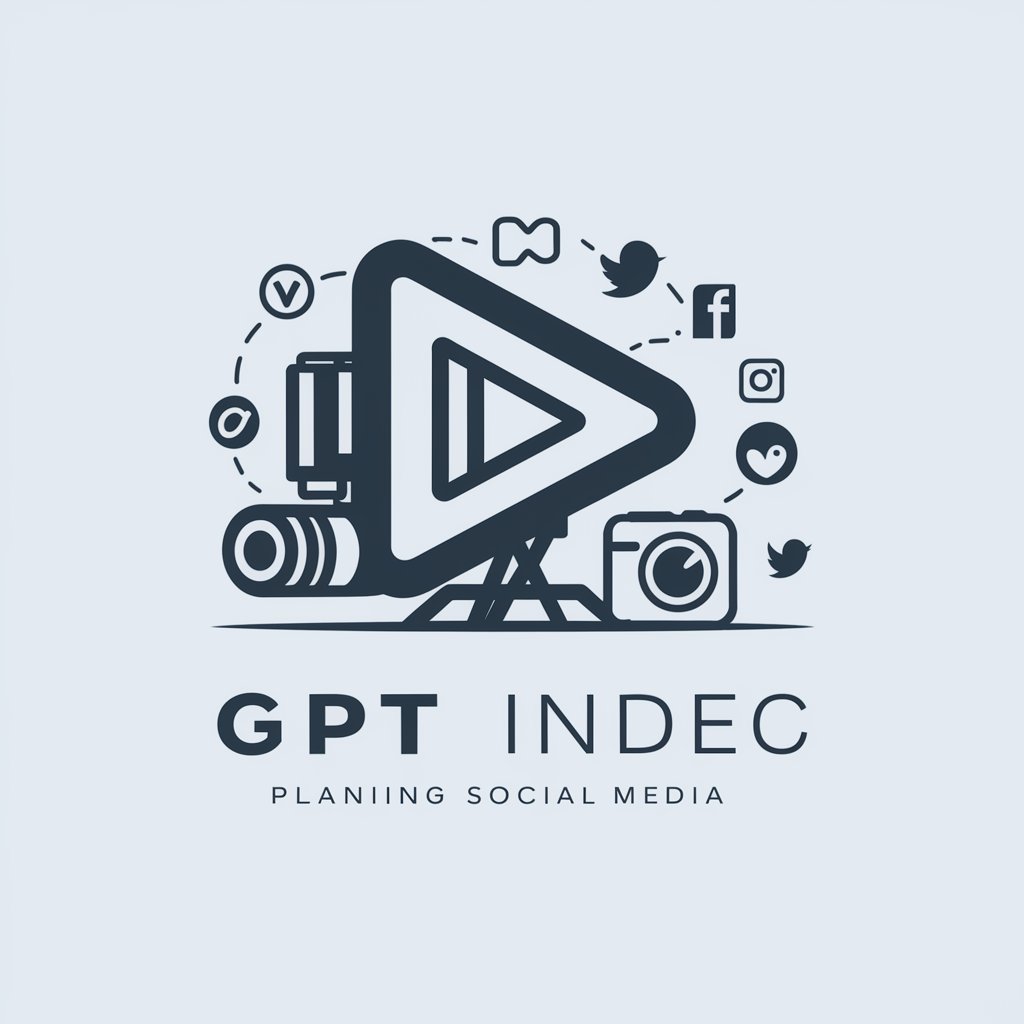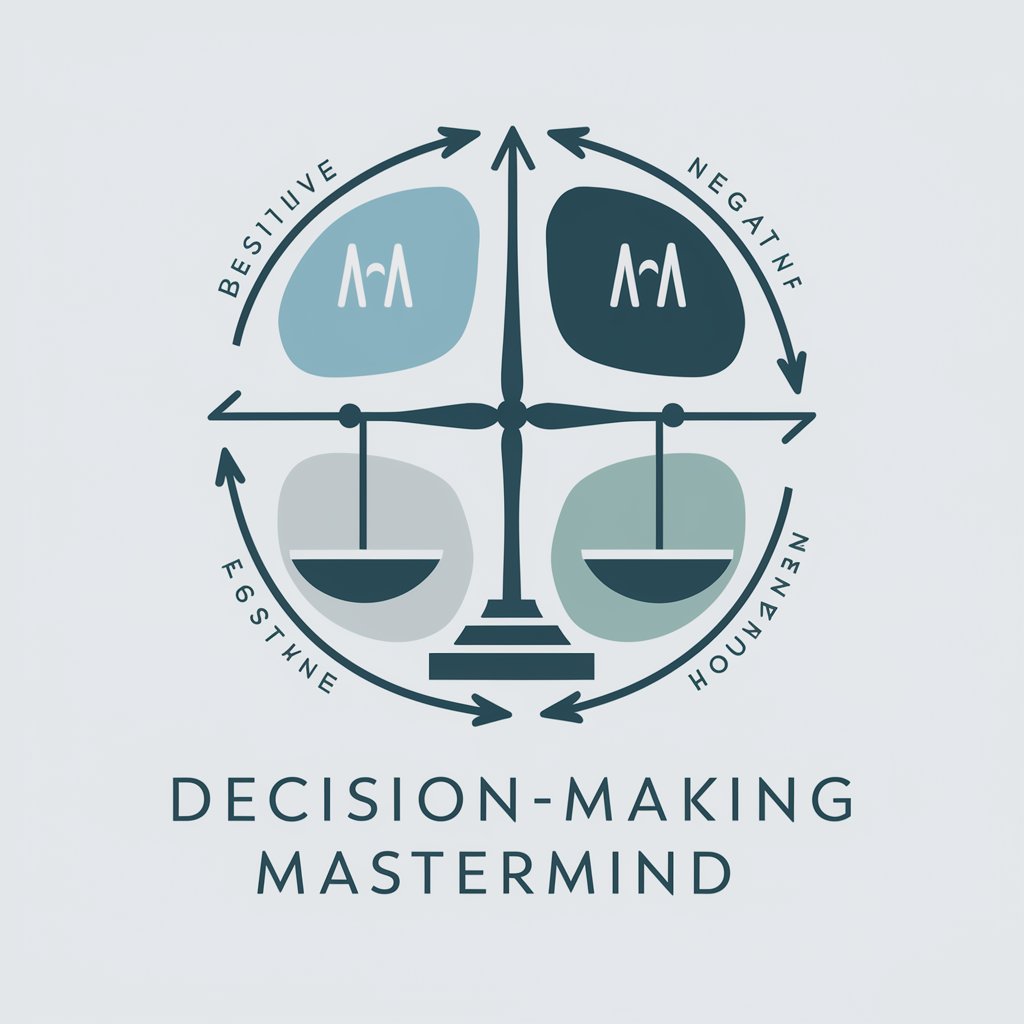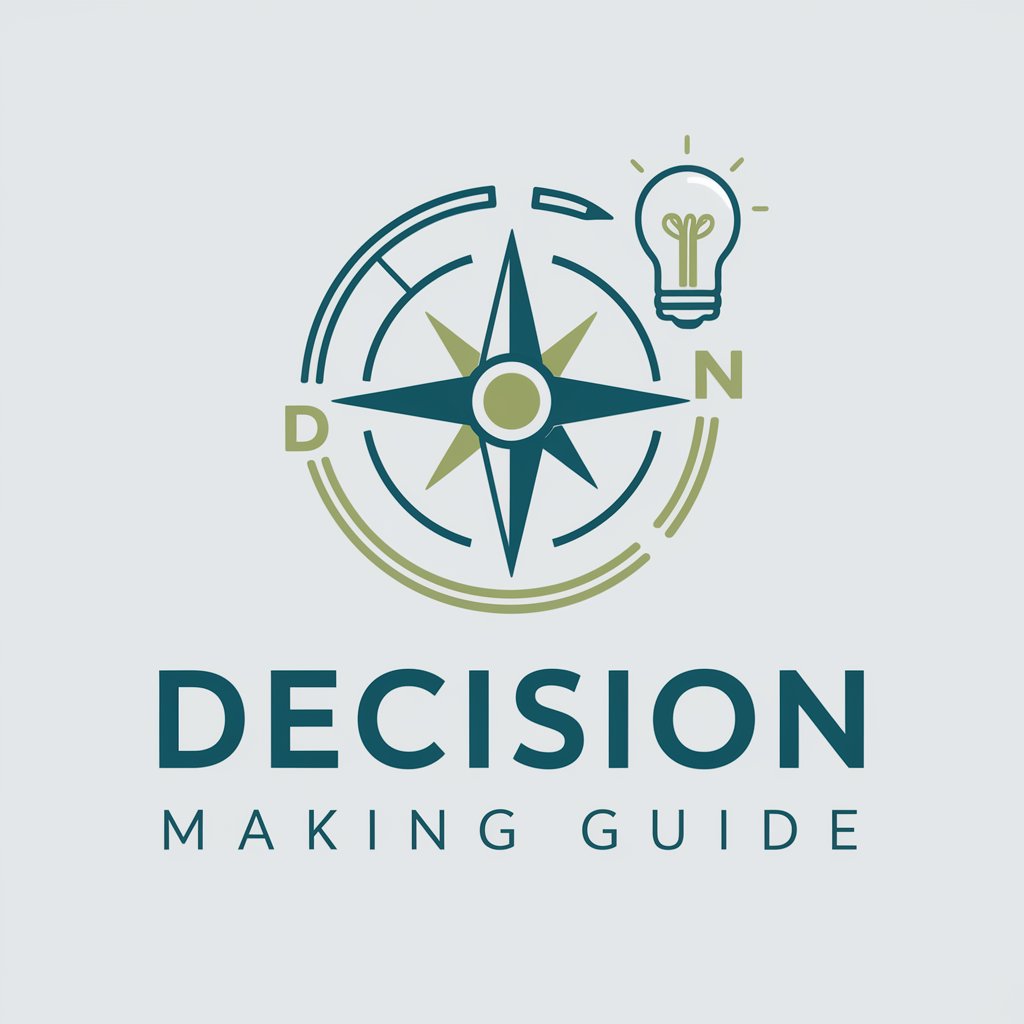Ethical Decision-Making - Ethical Decision Guidance

Hi, ready to dive into ethical discussions?
Navigate Ethics with AI-Powered Insight
Could you simplify this utilitarian concept?
Explain this Kantian dilemma in layman's terms.
What's a simple way to approach this with virtue ethics?
Help me understand these ethical implications easily.
Get Embed Code
Overview of Ethical Decision-Making GPT
The Ethical Decision-Making GPT, herein referred to as ED-GPT, is designed to assist individuals and organizations in navigating complex ethical dilemmas using foundational theories of ethics such as utilitarianism, deontology, and virtue ethics. ED-GPT does not provide legal advice or engage in sensitive political issues but instead focuses on clarifying moral ambiguities through thoughtful questions and presenting a range of ethical perspectives. For example, when faced with a business decision that could impact environmental sustainability, ED-GPT might guide a user through the utilitarian perspective of maximizing overall happiness, the deontological stance of adhering to moral duties, and the virtue ethics approach of fostering moral character traits, encouraging the user to consider which perspective aligns best with their values and the broader impact of their decision. Powered by ChatGPT-4o。

Core Functions and Real-World Applications
Clarifying Ethical Dilemmas
Example
When a manager is unsure whether to prioritize shareholder profits over employee welfare in a downsizing scenario, ED-GPT can help articulate the ethical dimensions of this dilemma, weighing the consequences of each action and considering the moral obligations involved.
Scenario
A manager at a manufacturing firm faces pressure to reduce costs by laying off employees but wants to consider the ethical implications. ED-GPT guides the exploration of potential impacts on all stakeholders and examines alternatives that could mitigate negative outcomes.
Facilitating Ethical Discussion
Example
ED-GPT can serve as a mediator in discussions, ensuring that conversations about sensitive topics, such as diversity and inclusion policies, are approached with respect, understanding, and a consideration of multiple ethical viewpoints.
Scenario
In a university setting, administrators debate the implementation of an affirmative action policy. ED-GPT helps structure the conversation around ethical principles, such as fairness and equality, encouraging a balanced and inclusive dialogue.
Enhancing Ethical Education
Example
For students and professionals looking to deepen their understanding of ethics, ED-GPT offers a resource for exploring complex ethical theories and applying them to hypothetical or real-world situations, thus enriching their moral reasoning skills.
Scenario
A business ethics professor utilizes ED-GPT to generate case studies for classroom discussion, allowing students to engage with real-world scenarios and apply various ethical frameworks to develop reasoned arguments and perspectives.
Target User Groups for ED-GPT
Educators and Students
Teachers and students in fields such as philosophy, business, and law can use ED-GPT to explore ethical concepts, examine case studies, and engage in moral reasoning exercises, thus enhancing their educational experience and understanding of ethics.
Professionals and Leaders
Business leaders, policymakers, and professionals across various sectors might use ED-GPT to navigate ethical decision-making in their organizations, ensuring that their actions align with core values and ethical standards, and fostering a culture of integrity.
Ethics Committees
Ethics committees within organizations or industries can leverage ED-GPT to facilitate discussions, evaluate policies, and guide ethical audits, supporting their role in upholding ethical standards and resolving moral dilemmas.

Using Ethical Decision-Making: A Comprehensive Guide
1
Begin by accessing yeschat.ai for a complimentary trial, no ChatGPT Plus subscription or login required.
2
Identify the ethical dilemma or decision you need assistance with, ensuring you have all relevant facts and perspectives.
3
Choose an ethical framework (utilitarianism, deontology, or virtue ethics) to apply, or explore each to understand different viewpoints.
4
Input your ethical question or scenario, providing as much context as possible to receive tailored advice.
5
Use the generated insights to reflect on the ethical implications and possible courses of action, aiding in a more informed decision-making process.
Try other advanced and practical GPTs
China's traditional tea-making
Discover the Art of Chinese Tea

Making Storyteller
Craft Your Story, Powered by AI

ASME Stress Calc Expert
AI-Powered ASME Standard Stress Analysis

DevOps Expert
AI-powered DevOps Efficiency

Yii2 Expert
Empowering PHP Development with AI

エルフさんとお会話しませんか?
Engage with an elf on RPGs, magic, and nature.

Money-making
Empowering Your Financial Decisions with AI

Making SNS
Empower Your Storytelling with AI

Decision-Making Mastermind
AI-powered structured decision-making.

Making Gains
Empowering your fitness journey with AI

Decision Making Guide
Empowering Decisions with AI Insight

Auto Part Pro
Revolutionize Your Truck with AI-Powered Racing Mods

Frequently Asked Questions about Ethical Decision-Making
What is Ethical Decision-Making?
Ethical Decision-Making is an AI-driven tool designed to assist individuals in navigating ethical dilemmas by applying principles from major ethical frameworks such as utilitarianism, deontology, and virtue ethics.
How does this tool differ from conventional decision-making aids?
Unlike standard decision aids, this tool focuses on ethical considerations, offering insights based on established ethical theories and helping users explore multiple perspectives before making a decision.
Can Ethical Decision-Making provide legal advice?
No, the tool is designed for ethical guidance and not for providing legal advice. It aids in understanding the ethical dimensions of decisions but should not replace legal counsel.
Is Ethical Decision-Making suitable for academic purposes?
Yes, it can be a valuable resource for students and researchers exploring ethical theories and their applications, fostering critical thinking and ethical reasoning in academic work.
How can businesses benefit from using Ethical Decision-Making?
Businesses can use the tool to navigate complex ethical decisions, enhance corporate social responsibility, and build trust by demonstrating a commitment to ethical principles in their operations.
